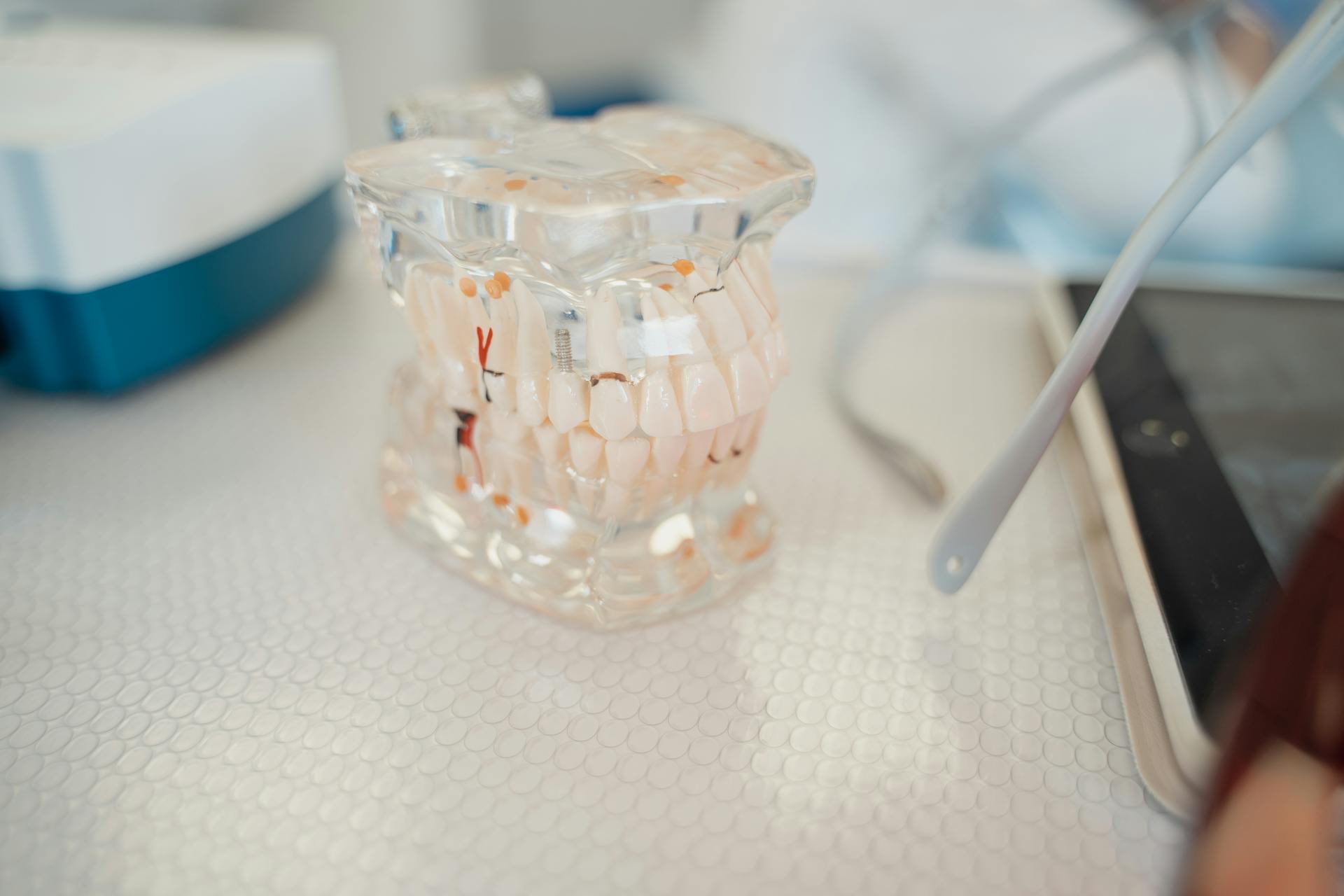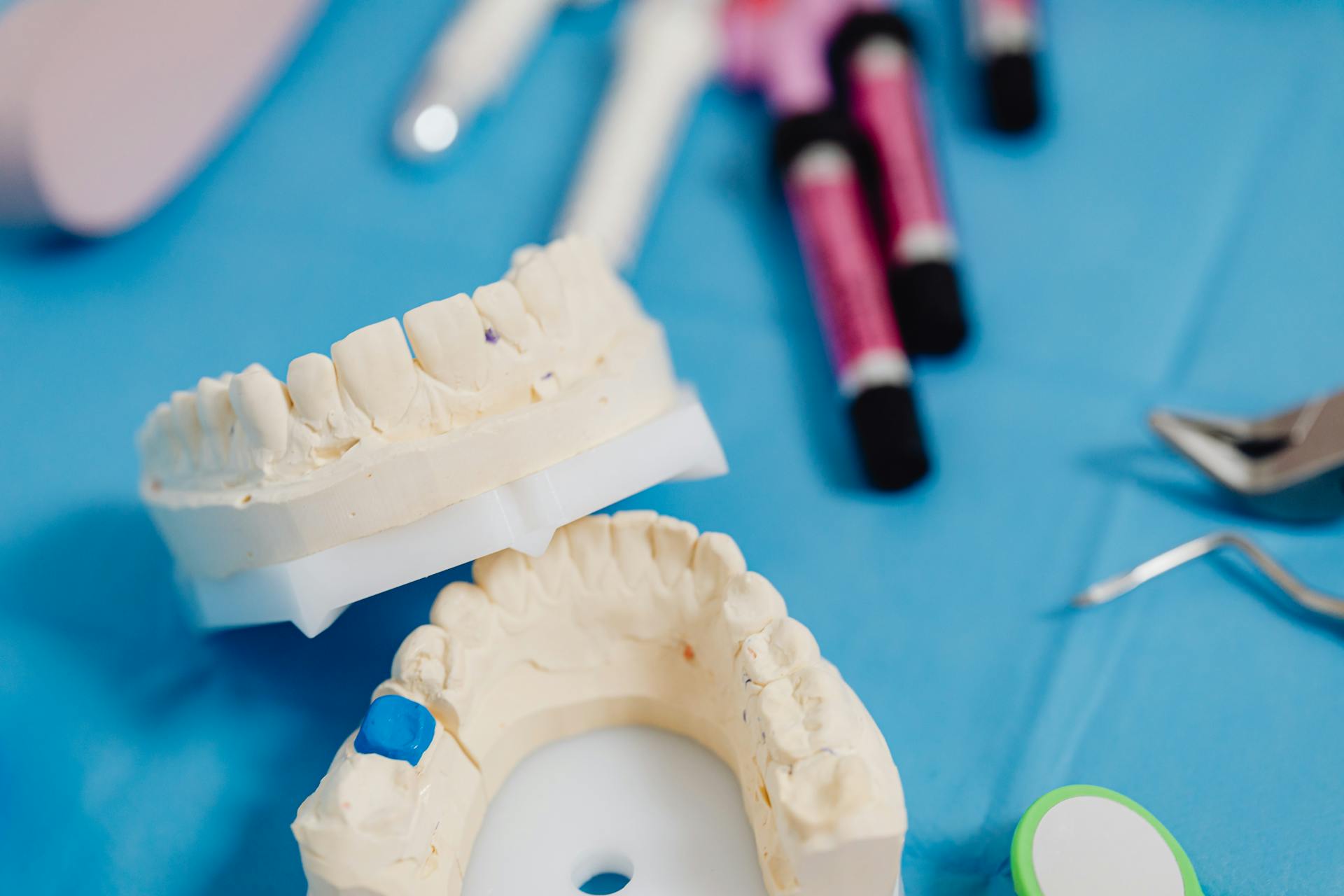When it comes to replacing missing teeth, patients often
find themselves weighing the options between dental implants and traditional
dentures. Both solutions have their merits, but dental implants offer several
advantages that make them a preferred choice for many. Below, we explore the
benefits of dental implants compared to traditional dentures.
What Are Dental Implants?
Dental implants are titanium posts surgically placed into the jawbone, serving as
artificial tooth roots. Once the implants integrate with the bone, they can
support crowns, bridges, or dentures, providing a stable and permanent solution
for tooth loss. If you’re exploring this option, consulting a qualified dentist in Chicago can guide you through
the process and help you achieve optimal results.
What Are Traditional Dentures?
Traditional dentures are removable appliances that replace missing teeth. They can be
complete (replacing all teeth) or partial (replacing some teeth) and are
typically made from acrylic resin and sometimes metal.
Key Benefits of Dental Implants

1. Stability and Comfort
Dental implants are anchored directly into the jawbone, providing a level of
stability that traditional dentures cannot match. This stability allows for comfortable
chewing and speaking without the fear of slippage, which is a common concern
with dentures.
2. Natural Appearance
Implants are designed to look and feel like natural teeth.
The crowns placed on the implants can be customized to match the color and
shape of your existing teeth, resulting in a seamless smile.
3. Bone Preservation
One of the most significant advantages of dental implants is
their ability to preserve jawbone health. When a tooth is lost, the jawbone can
begin to deteriorate over time. Implants stimulate the bone, preventing bone
loss and maintaining facial structure.
4. Longevity
With proper care, dental implants can last a lifetime. In
contrast, traditional dentures may need to be replaced or adjusted every few
years due to wear and changes in the mouth.
5. Improved Oral Health
Dental implants do not require the alteration of adjacent
teeth, as is often necessary with bridges. This preservation of natural teeth
contributes to better overall oral health.
6. Ease of Maintenance
Caring for dental implants is similar to caring for natural
teeth. Regular brushing, flossing, and dental check-ups are all that is needed.
In contrast, dentures require special cleaning solutions and techniques to
maintain hygiene.
Limitations of Traditional Dentures

While traditional dentures can be a viable option for some,
they come with several limitations:
- Slippage and Discomfort: Dentures can shift in the mouth,
leading to discomfort and difficulty in eating and speaking.
- Bone Loss: Dentures do not prevent bone loss, which can
lead to changes in facial structure over time.
- Maintenance: Dentures require more maintenance and care
compared to implants, including the need for adhesives and special cleaning
products.
Conclusion
While both dental implants and traditional dentures serve
the purpose of replacing missing teeth, dental implants offer numerous benefits
that make them a superior choice for many patients. From improved stability and
comfort to long-term durability and enhanced oral health, implants provide a solution
that closely mimics the function and appearance of natural teeth. If you are
considering tooth replacement options, consulting with a dental professional
can help you determine the best choice for your individual needs.


